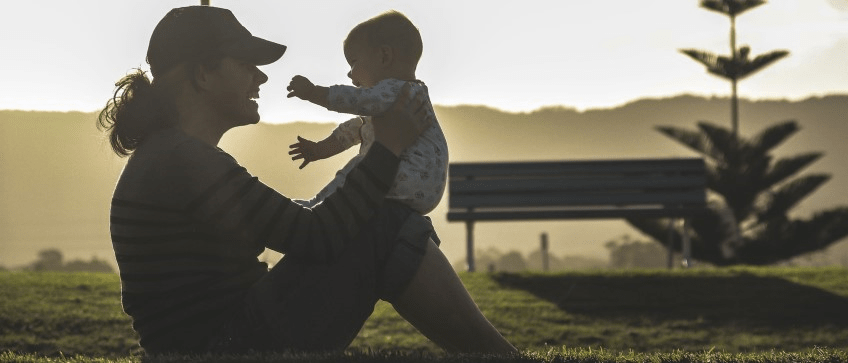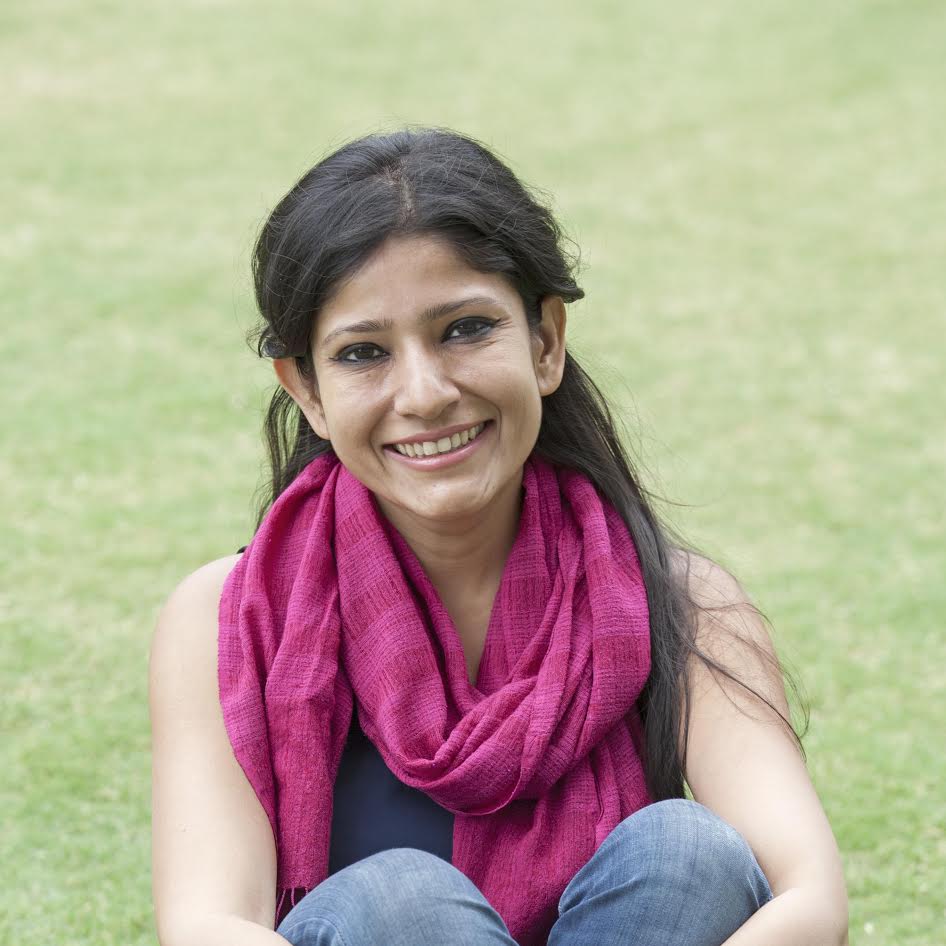VOCs (Volatile Organic Compounds) lurking in every home and how its affecting our health
Coming from a family with respiratory health issues, I am quite the tiger mom when it comes to protecting my children from air pollution. I get constantly asked what I do to protect my children in the pollution months. So I finally got around to writing these down.
As most of us already know, our children are the most affected by air pollution because, for their body size, they breathe more air and also spend more time playing outside. Pollution can cause irreversible damage to their lungs which are still developing. Studies have shown that 40% of children in Delhi have reduced lung capacity. It also affects their brains and can lead to autism and lower IQ.
Many continue to feel that it is important for children to be exposed to air pollution to develop immunity; unfortunately, we are dealing with carcinogenic toxic particles here and not germs. 24-hour exposure to air pollution in Delhi is like smoking 10 cigarettes. Smoking more cigarettes, unfortunately, does not help you develop immunity to smoking.
So what can you do to protect your child? This is what I do:
-
Measurement:
A lot of people ask me why one needs to measure air quality since we already know that it’s bad. Here’s why -There are significant variations in air quality day to day. If we observe PM2.5 for a week in, say, December, we see days where PM2.5 numbers stay well below 100 and other days where it sweeps up to 350 and beyond. While there are days which are terrible, the good news is that there are good days when we can step out of our houses, take a deep breath, and know that we are not hurting our families doing that. I make it a point to not miss those!
Secondly, there are also significant variations in air quality within a day. Usually, 6-8am is the worst time of the day, and noon to 5pm is better because temperatures are higher, but this can change based on various changes in atmospheric conditions and wind patterns.
Hence it is important to measure air quality so you can make appropriate decisions to reduce exposure for your family.
-
Manage outdoor playtime:
Tracking air quality ensures that I can better manage my children’s outdoor time. On good days, I make sure they are outdoors, but on really poor days when air quality is really bad, I keep the kids indoors and engage them in indoor play. -
Wear Masks:
I make my daughters wear an N99 mask on their way to school in the school bus. This helps with reducing their exposure during the worst time of the morning. I see a lot of parents struggle with making their kids wear masks, and I do empathize. There are days when they just refuse to wear them. The one thing which has worked for me is that I personally wear a mask regularly. When my daughters see me wearing a mask, they feel less awkward about wearing one. Colourful masks with their favourite colours or characters can also help. Here are some tips on how to pick the best mask: How to Choose the Right Anti-Pollution Mask. -
Use Purifiers especially at night:
I use purifiers at home, especially at night. If you can protect your child from 9pm to 9am, then you have significantly reduced their exposure to air pollution. Air pollution exposure from 9pm to 9am is almost double of the exposure from 9am to 9pm. Also, note that children breathe deeper when they sleep. Here is an article about a comparison study of different commercial purifiers as well as tips on picking the right purifier: 6 Things You Need To Know When Buying An Air Purifier [STUDY] -
Manage air quality in Cars:
Several cars today come with built-in HEPA filters or provide replacement HEPA filters where the standard AC filters can be replaced with HEPA filters. Before exploring external car purifiers, I would recommend you check with your service centre to see if HEPA filters are available for your car. There is an easy way to access the filters in your car from under the glove compartment. Here is a video which explains how to change your car filter. -
Manage Indoor air pollution:
On many occasions, air pollution indoors can be significantly higher than outdoors. Activities like cooking, cleaning, using room fresheners, lighting agarbattis or candles can significantly increase PM2.5 levels in the house. I make sure to keep the exhaust fan and kitchen chimney on when we cook, try to keep the children out of the kitchen, or else open up our windows so that the smoke can dissipate quickly. Also, avoid lighting agarbattis inside closed rooms. Understanding Indoor Air Quality - Some Frequently Asked Questions. -
Help develop immunity for our children:
While there is not much immunity you can develop towards the long-term effects of air pollution, one can help protect them against the short-term symptoms like allergies, sinus infections, cold, wheezing, and respiratory infections as much as possible. Some articles by experts like Simple Remedies To Help You Counter Nasal Congestion, Eat Right to Breathe Right!, and Keep Respiratory Infections At Bay During Winters With These 5 Foods provide some great tips. Personally, I swear by salt gargles and jal neti to keep my nasal and throat passages clean as much as possible and use honey with turmeric, as well as honey tulsi water with kids to help them develop immunity against infections. -
Staying active and regularly exercising:
My initial response when I learned about air pollution was to stop exercising in the winters, but since then I have realized that the benefits of staying active even in polluted conditions far outweigh not working out at all. I feel better, fall sick less, and my asthma stays more in control. While one may be inclined to avoid exercising in such high pollution conditions, studies have shown that it’s better to workout regardless of external conditions than to not exercise at all. Here are some articles on how to stay active despite air pollution and respiratory problems: How to Stay Active During Winters In Spite of Pollution, Working Out With Asthma - Exercises That Are Safe For People With Asthma.
While these precautions can significantly help reduce our children's exposure, these are only short-term measures. We have to pledge to be part of the solution. By taking small steps like using public transport, not burning firecrackers on Diwali, doing waste segregation, reducing the use of single-use plastics, sending our kids to school in a bus, stopping anyone trying to burn waste including our own gardeners and cleaners, reducing usage of diesel generators – we can start making a real difference. So I request each one of you to first protect your children and then take a pledge at www.airveda.com/ibreathe to be part of the solution and not the problem. Because change begins with us.

